Other contributing members
Faculty affiliates
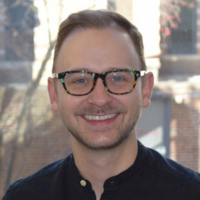
Matthew Bakko
Assistant Professor, Wayne State University School of Social Work
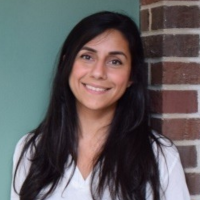
Athena Kheibari
Assistant Professor, Wayne State University School of Social Work
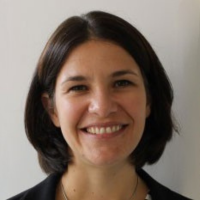
Erin Comartin
Professor, Wayne State University School of Social Work
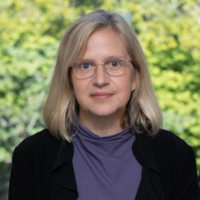
Amy Watson
Professor, Wayne State University School of Social Work
Consultants

Christy Granger, crisis response
Coordinator of the Court and Community Liaison Team, Community Mental Health Board of Clinton-Eaton-Ingham Counties

Scott James Smith, law enforcement
Associate Professor of Social Work, Oakland University
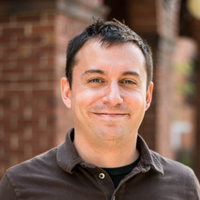
Jason Villalta, crisis response
Owner, Rubix Technology

Tyler Logan
Founder and CEO, Black in Public Health

Pam Lynch, harm reduction
Director, Harm Reduction Michigan